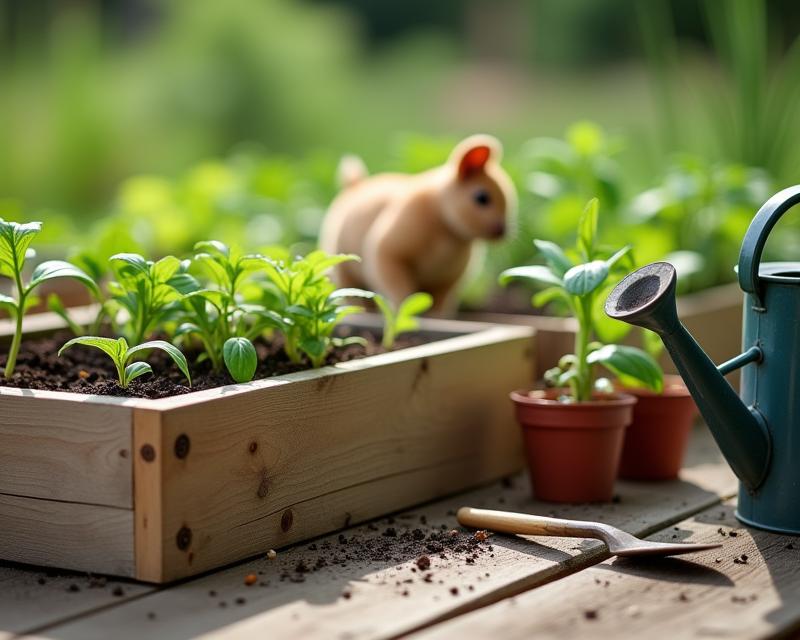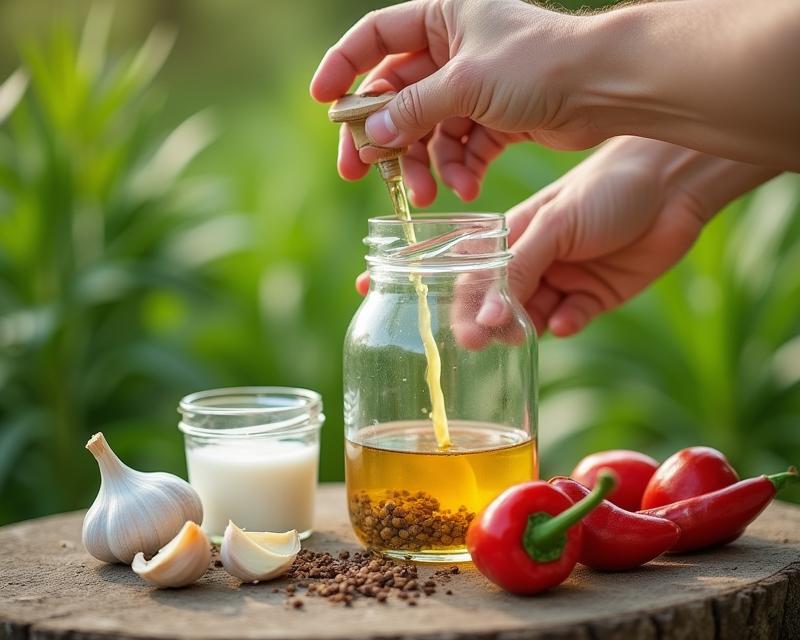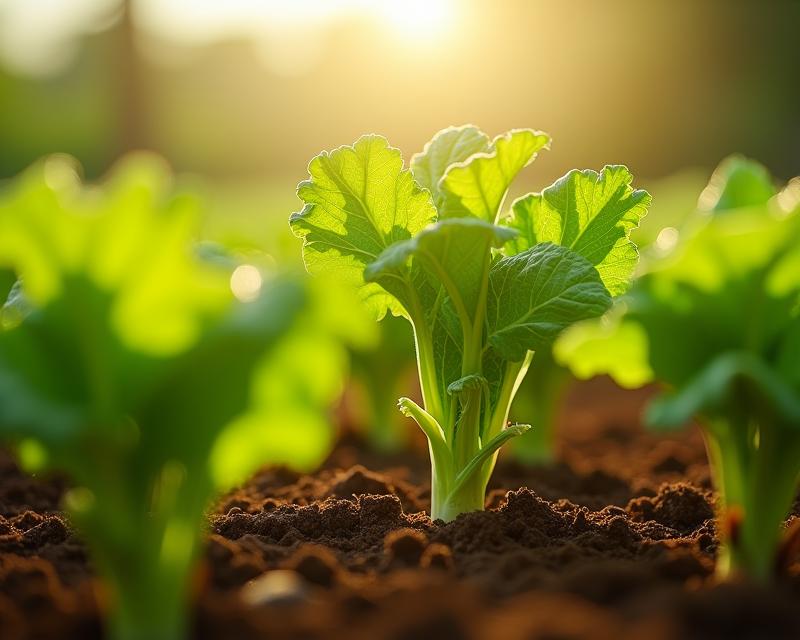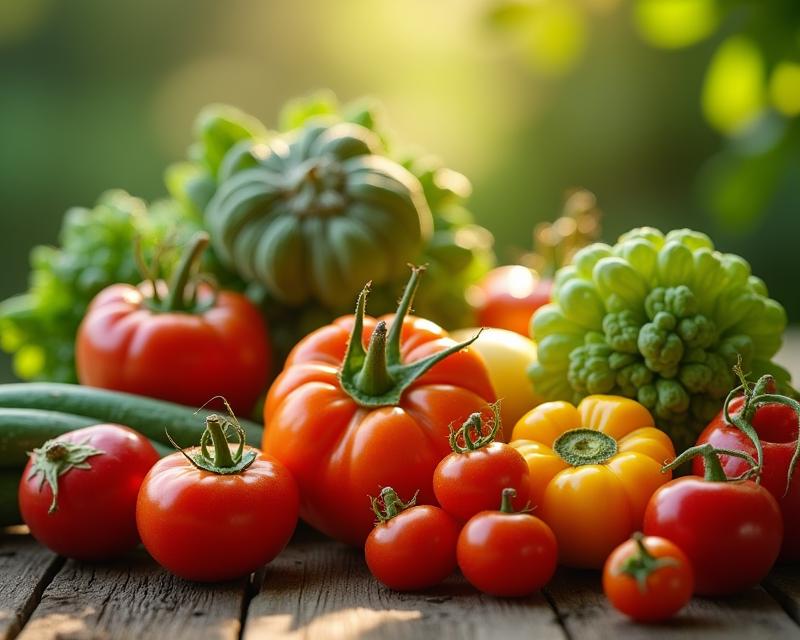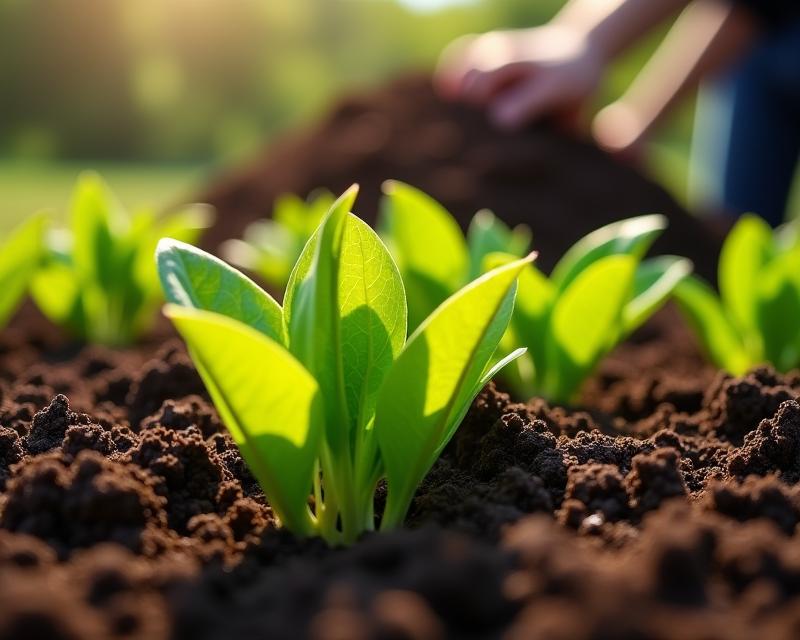Organic Fertilizers: Soil Health Superstars
Publish in Organic Gardening & Farming el 23/07/2025 17:02
Organic Fertilizers: Soil Health Superstars
As farmers, gardeners, and ranchers, we all understand the importance of healthy soil. It's the foundation of everything we grow, impacting yields, quality, and long-term sustainability. While synthetic fertilizers offer a quick fix, organic fertilizers provide a more holistic and beneficial approach to soil health. But what exactly makes organic fertilizers superior?
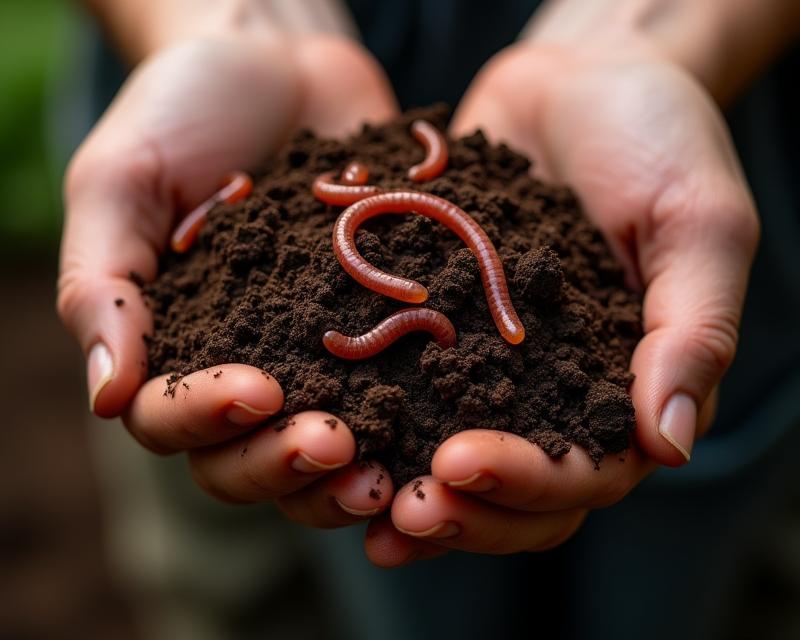
Building a Thriving Soil Ecosystem
The key difference lies in how they work. Synthetic fertilizers primarily focus on providing readily available nutrients to plants. While this can lead to a quick burst of growth, it doesn't address the underlying health of the soil. Organic fertilizers, on the other hand, are derived from natural sources like compost, manure, and cover crops. They feed the soil's biology – the trillions of microorganisms, fungi, and other organisms that are essential for nutrient cycling and overall soil health. These organisms break down organic matter, making nutrients available to plants in a slow and steady release. This sustained release prevents nutrient imbalances and reduces the risk of fertilizer burn.
Long-Term Benefits: Structure, Biology & Fertility
The long-term benefits of using organic fertilizers are undeniable. Over time, they significantly improve soil structure. Organic matter acts like a glue, binding soil particles together, creating better aeration and drainage. This improved structure allows for better root growth, water infiltration, and reduces erosion. Furthermore, organic fertilizers dramatically boost soil biology. A healthy soil food web is crucial for nutrient cycling, disease suppression, and overall plant health. The diverse microorganisms in organic-fertilized soil help break down organic matter, making nutrients more accessible to plants. This leads to increased fertility, reducing the need for additional inputs and promoting a more resilient ecosystem.
Why Choose Organic?
Switching to organic fertilizers isn't just about soil health; it's about building a more sustainable and resilient farm or garden. It reduces reliance on synthetic inputs, minimizes environmental impact, and promotes a healthier food system. While the initial investment might seem higher, the long-term benefits – increased yields, reduced input costs, and improved soil health – make organic fertilizers a wise investment for any farmer, gardener, or rancher serious about the future of their land. Consider incorporating compost, cover crops, and well-rotted manure into your soil management plan for a truly thriving ecosystem.
- Improved Soil Structure
- Enhanced Soil Biology
- Increased Fertility
- Sustainable Farming Practices
